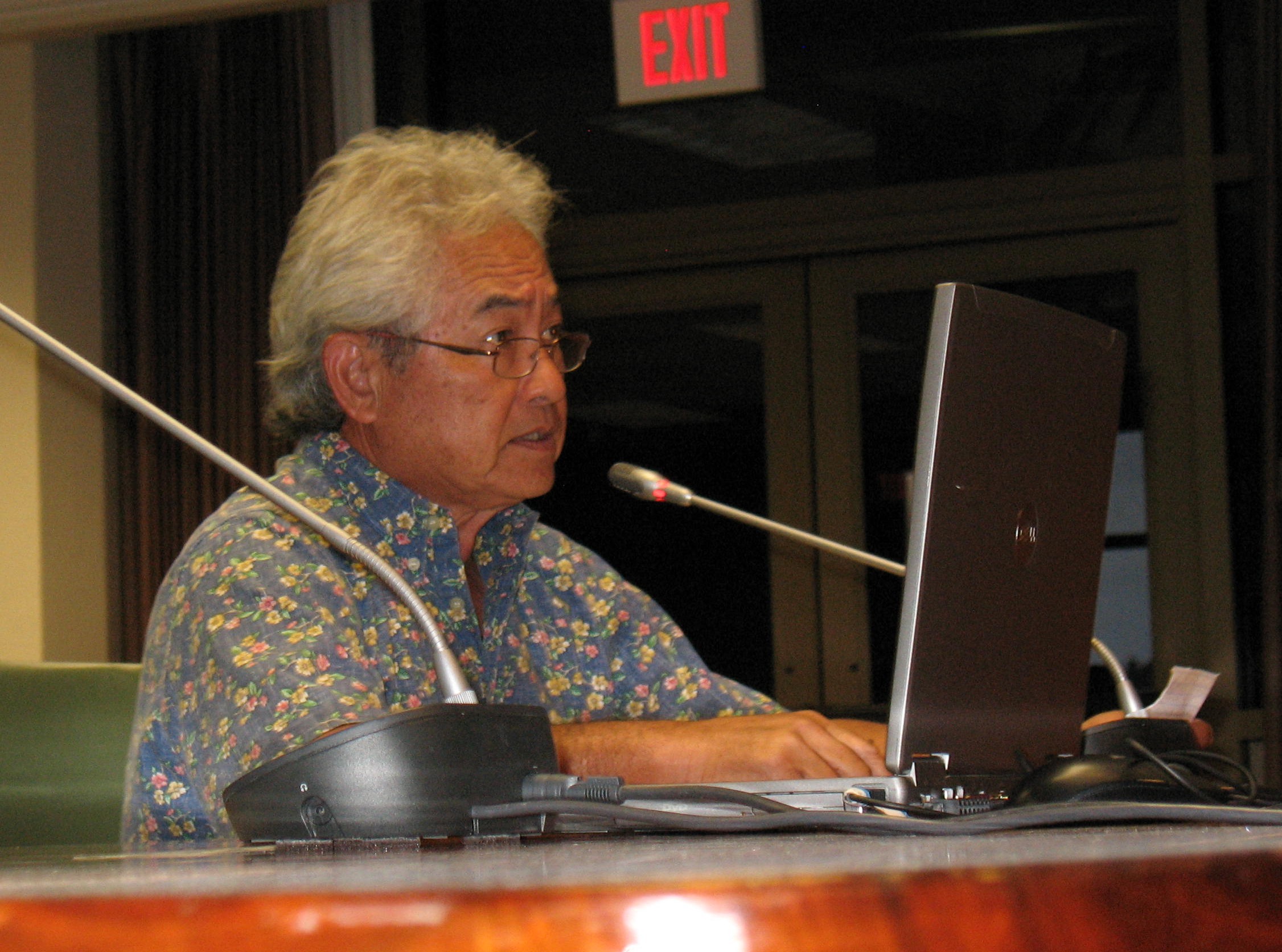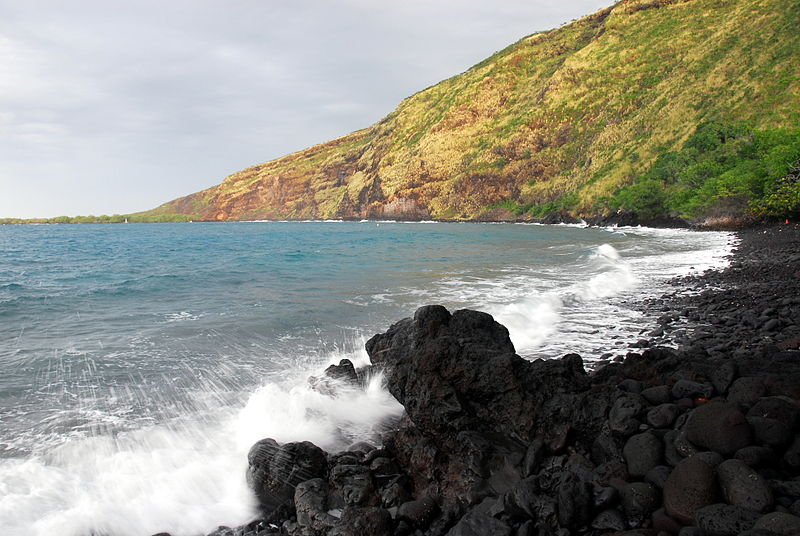ANALYSIS: The ‘New’ Public Land Development Corporation
Changing brand names is a famous marketing ploy, carrying both risk and reward.
There are success stories, of course. Take “Nissan” for example. Formerly known as “Datsun,” the Japanese car manufacturer successfully shed its old name in the 1980s. The brand “Pepsi” had even humbler beginnings, having originally been called “Brad’s Drink” in the early years.
But can an image makeover like this salvage the Hawaii Legislature’s biggest public relations goof of 2011 (up to now)?
After debuting a new quasi-governmental agency known as the “Public Land Development Corporation” (PLDC) last year, Hawaii lawmakers faced a public backlash over the new agency’s broad, sweeping powers and ability to side-step county zoning rules.
But our state government is still eager to find new revenue for a sagging Department of Land and Natural Resources budget, so lawmakers rolled up their sleeves this session in an attempt to re-brand the previously overpowered PLDC into something more appealing to the public.
“House Bill 942,” which made it out of committee this week, was recently introduced by Speaker Joe Souki of Maui.
If Souki and others get their way this session, it’ll be goodbye “PLDC,” hello “Harbors and Parks Development Authority.”
New and Improved?
Whether the public will display any affection for the newly coined “HPDA” remains to be seen, but the name change seems to be an attempt at clarifying the agency’s role.
The newly introduced legislation still aims to create a development arm for the DLNR to raise revenue, but specifically narrows the new agency’s focus to projects involving “harbor, boating and park lands.”
“Park lands” in Hawaii of course include our world-famous beaches, where commercial activity is currently highly limited. The agency is still tasked with developing “recreational and leisure centers” that would raise revenue for the DLNR. What types of activities and structures that may involve is still pretty broad.
Gone are any mentions of the new agency overseeing development of hotel, residential or timeshare projects. Instead, the newly named HPDA may work with private partners to develop vaguely named “accommodations.”
Whether that means pop-up tents or penthouse lofts is unclear at this point.
Although the authors of the new changes seemed wise to the public’s disdain for resort development on public parks, they kept the door open to a wide range of activities by including the following:
“Permissible uses of harbors and park land…shall include but not be limited to office space, vehicular parking; commercial uses…”
And the list goes on. “Commercial uses” is a broad term, conceptually. A hot dog stand is a commercial enterprise. Of course, so is Sea World.
Regulating the Regulators
One problem with the formerly named PLDC was the lopsided authority vested in the governor during its creation. In its unamended form, most of the people in charge of overseeing the PLDC’s operations were governor-appointees, meaning that the state’s chief executive could exert a lot of influence, for better or worse.
Along with renaming the agency itself, HB 942 makes a key change in the makeup of its board of directors. Whereas the governor used to control three out of the five board member appointments, the director of finance has been given the boot in this new version.
In his or her place will be an administrator of the Office of Hawaiian Affairs. OHA’s administrative structure is determined by its trustees, who are all publicly elected. This leaves the governor with the ability to make two board appointments, while the remaining two seats will be filled by appointees of the speaker of the house and president of the Senate.
The board itself is still granted sweeping administrative powers, including the ability to appoint “officers, agents, and employees” and set their salaries without regard to chapter 76 of Hawaii law (which governs civil employee hiring and firing practices.)
One other potentially controversial aspect of the PLDC that also remains would be the ability of the new “HPDA” to “accept gifts or grants in any form from any public agency or any other source.”
While taking donations “in any form” for public projects is a great way to save bucks, gifts and commercial activity don’t always mix well.
Parks for Profit
There have definitely been efforts made in House Bill 942 to appease a development-averse public, including eliminating a section of the law that appeared to exempt the PLDC from county zoning rules.
Also notably discarded is the ability of the agency to issue revenue bonds or purchase securities to finance its projects, instead appearing to rely on funds from the state Legislature.
But, even under this new legislation, the HPDA is still a potent entity with the power to “acquire…any real, personal or mixed property…and to sell, exchange, transfer…or otherwise dispose of or encumber the same.”
This grants the agency the ability to create, buy and sell projects on select public lands (parks and harbors, as the name implies). Presumably, all of this would be done in the name of the public good (and the DLNR budget.)
Whether the new proposal will even have a chance at the Legislature though depends in part on a hearing scheduled before the House Water and Land Committee on Feb. 9. There, the committee will listen to ideas about amending or possibly even repealing the PLDC entirely.
But even if the PLDC survives in principle, it remains to be seen how much affection the public will display toward its newly proposed “HDPA” variant.


















